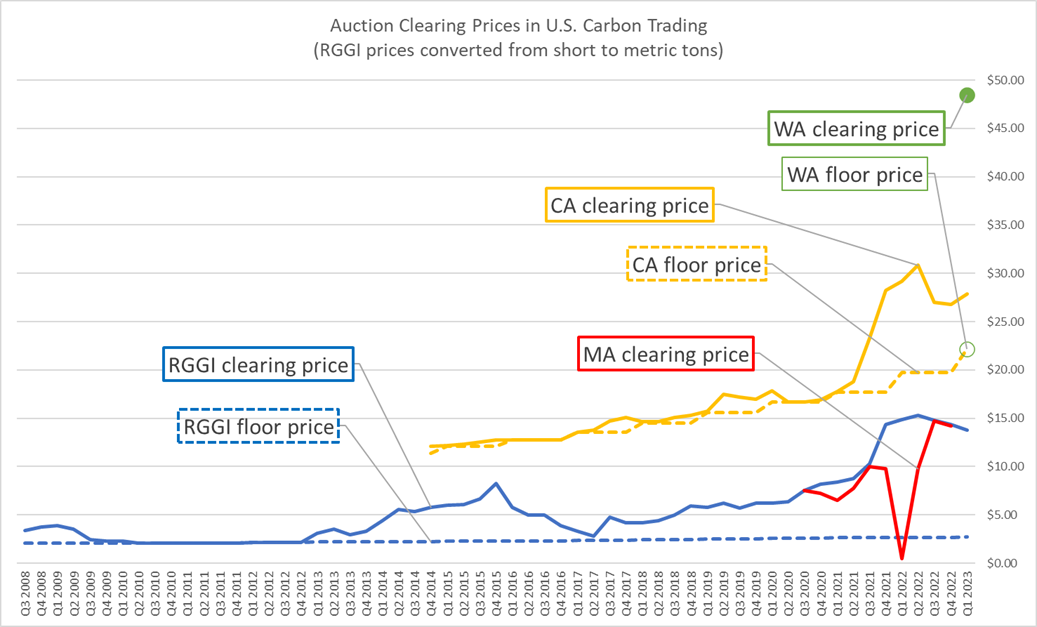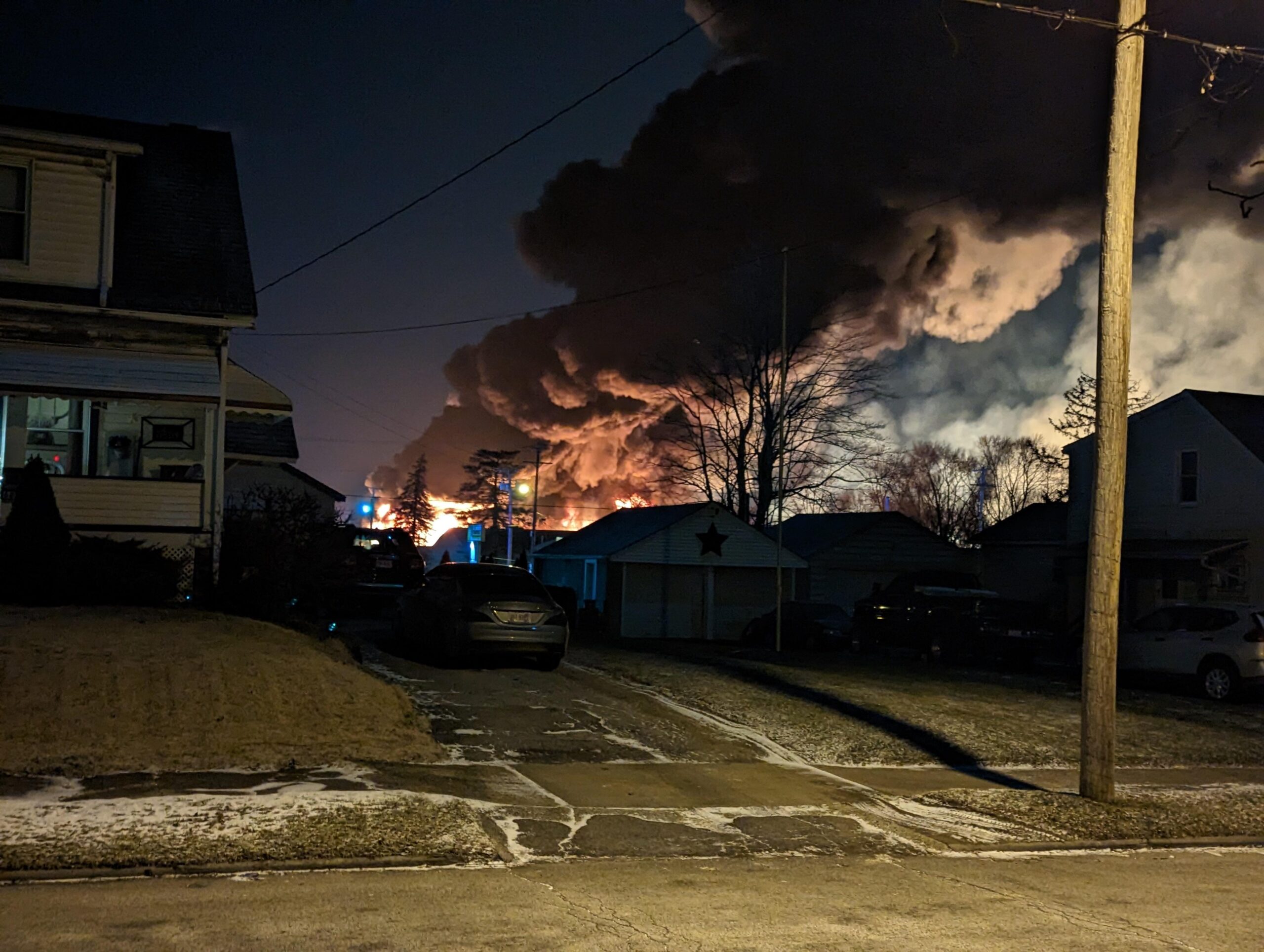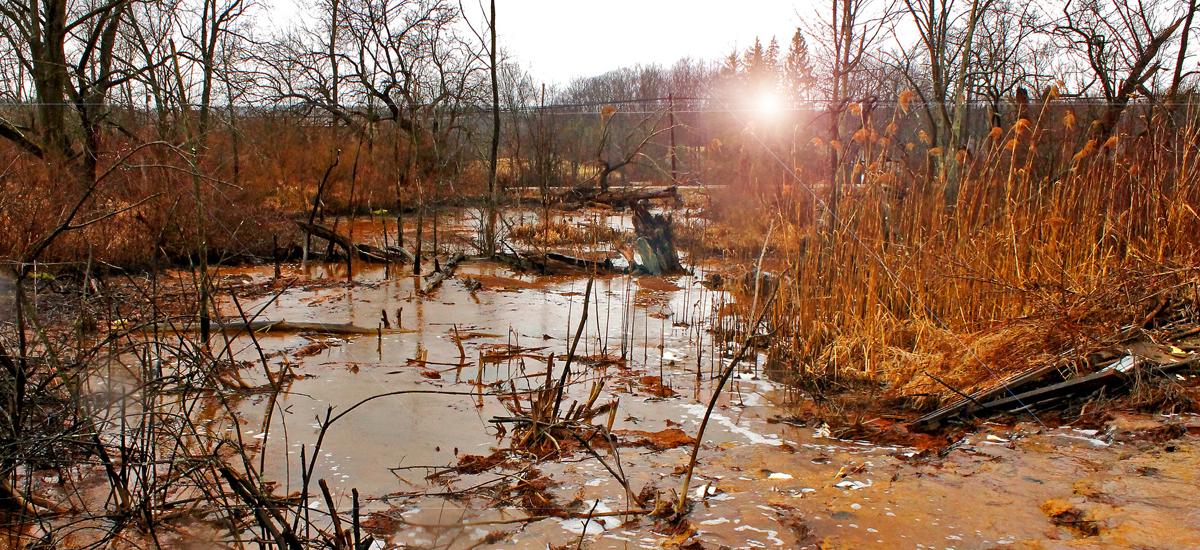Region: National
How Should We Implement the New Federal Climate Laws?
An upcoming symposium by the Emmett Institute will explore the key climate impacts of IIJA and the IRA and unpack some of the obstacles and controversies around their implementation.
This is the first of a series of posts previewing the Emmett Institute’s 2023 Symposium, coming up on April 12. Check out the second post, on transmission infrastructure, and the third post, on transportation; and RSVP for the Symposium here! The Infrastructure Investment and Jobs Act of 2021 (IIJA) and the Inflation Reduction Act of …
Continue reading “How Should We Implement the New Federal Climate Laws?”
CONTINUE READINGLobster Wars
An industry lawsuit against Monterey Aquarium is a blatant assault on free speech.
The Maine lobster industry is suing the Monterey Aquarium for advising consumers to avoid Maine lobsters. This is “cancel culture” on steroids. The Aquarium has taken a stand the industry doesn’t like, so the industry is trying to silence it and its other critics. “Silencing” here is quite literal: the industry is seeking an injunction …
Continue reading “Lobster Wars”
CONTINUE READINGStakeholder Engagement in California Offshore Wind Development
State leaders have an opportunity to forge a national example on stakeholder engagement and energy justice.
As California continues to develop plans for floating offshore wind (OSW) implementation, state leaders have an opportunity to forge a national example on stakeholder engagement and energy justice. California can achieve this, not just by (for example) incorporating environmental justice (EJ) principles into agency analysis and planning or by increasing consultation with tribal entities, but …
Continue reading “Stakeholder Engagement in California Offshore Wind Development”
CONTINUE READINGHow Garden-Variety Air Pollution Regulation Promotes Environmental Justice
Cleaning up our nation’s air benefits the disadvantaged most of all.
Evidence is mounting that air pollution regulation is an effective way of reducing health disparities between disadvantaged communities and the population as a whole. The basic reason is simple: Air pollution is the biggest environmental threat to poor communities and communities of color. As the American Lung Association has said: “The burden of air pollution …
Continue reading “How Garden-Variety Air Pollution Regulation Promotes Environmental Justice”
CONTINUE READINGHow Do You Solve A Problem Like A Lawless Judge?
Some counsel for the Justice Department from The Great One.
The eyes of nearly everyone are upon Texas – on Amarillo, specifically, where comically lawless federal Judge Matthew J. Kacsmaryk will soon decide if the FDA illegally approved the medication mifepristone, sometimes thought of as the “abortion pill.” One might think that it’s somewhat too late to challenge a two-decade old approval based upon impeccable …
Continue reading “How Do You Solve A Problem Like A Lawless Judge?”
CONTINUE READINGSolar Geoengineering in the News — Again and Again
An update on the serious and the silly
Solar geoengineering has been prominent in the news lately. It looks like the long-predicted spike of attention to these potential climate responses may finally be starting – with many attendant opportunities for controversy and confusion. For background on solar geoengineering, why it’s important to research, and what the debates over it are, check out various …
Continue reading “Solar Geoengineering in the News — Again and Again”
CONTINUE READINGCap and Trade Heats Up—For Better or Worse
Prices are high and markets are proliferating as program designers lean away from the more controversial elements of carbon trading.
This past year has been big for cap-and-trade-style systems, and that momentum looks like it’s continuing in 2023. Recently, we’ve seen new programs start up in Oregon and Washington, a proposal in New York State for new carbon markets, and sustained high prices in existing programs in California and the Northeast. Although these programs differ …
Continue reading “Cap and Trade Heats Up—For Better or Worse”
CONTINUE READINGDeregulation, Normal Accidents, and the Airborne Toxic Event
What can we learn from the East Palestine train wreck?
Source: Wikimedia Commons The East Palestine train derailment is the story that won’t go away. Images of enraged residents shouting at company executives and government officials about the inadequacy of the response remind us all that across our vast industrial economy accidents of one sort or another are always waiting to happen while private firms …
Continue reading “Deregulation, Normal Accidents, and the Airborne Toxic Event”
CONTINUE READINGDid Biden have to approve the Willow oil project?
ConocoPhillips has existing lease rights. But the Biden administration had tools to curtail those rights to limit harms.
Although the Biden administration has approved the Willow oil drilling project on Alaska’s North Slope—the largest proposed oil drilling on U.S. public land in several decades—the legal questions are far from settled. Much of the media coverage so far has focused on the political dynamics driving the decision (as noted with some alarm here and …
Continue reading “Did Biden have to approve the Willow oil project?”
CONTINUE READINGCutting 290,000 Tons of Water Pollution a Year, One Coal Plant at a Time
Coal is a dirty fuel. It’s not just air pollution or climate change.
EPA proposed new regulations next week to reduce the water pollution impacts of coal-fired power plants. As EPA regulations go, these count as fairly minor. They got a bit of news coverage in coal country and industry publications. But they will eliminate the discharge of thousands of tons of pollutants, including a lot of metals …
Continue reading “Cutting 290,000 Tons of Water Pollution a Year, One Coal Plant at a Time”
CONTINUE READING













